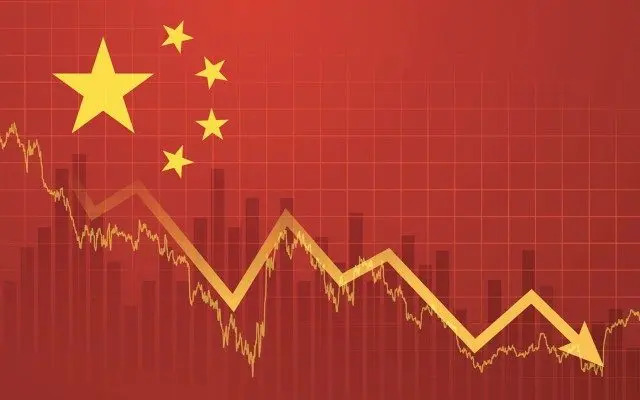
In general the Western media including Australasia and Japan take satisfaction from bad news coming out of China. There is a straightforward and uncomplicated explanation, [New York Times 29 July] China flies the Red Flag. It is a Communist country and its rise from being the ‘Sick Man of Asia’ in 1949 to being in touching distance of becoming the world’s largest economy sends tremors through the Capitalist world. No more Professor Fukiyama talk of the End of History. On the contrary, China is writing a new history based on its success in taking one billion of its citizens out of poverty. Its progress also shakes the hitherto unassailable self-confidence of Wall St, the Stock Exchange, the World Bank, the International Monetary Fund and other centres of capitalist economic power.
Recently the New York Times (NYT) has focused on the list of measures adopted by the Chinese Government to deal with post Covid problems. The NYT is not alone. Irwin Stetzer, Reuters, Nikkei Asia have all concentrated their recent China coverage on Government attempts to maintain economic progress and boost consumer spending. Li Chunlin, vice chairman of the National Development and Reform Commission, acknowledged at a news conference that consumers were wary. “Some consumers lack confidence and have many concerns,” he said.
Real estate prices have fallen leaving many Chinese reluctant to spend. Youth unemployment reached 21.3 percent in June and wages have stagnated. Structural problems have come to the fore as China has produced double the number of graduates of ten years ago “Over the years, China has expanded universities, but China is still a largely manufacturing [and services] based economy,” states Robin Xing, chief China economist at Morgan Stanley in Hong Kong. He told Nikkei Asia. “it takes time for China to become a more advanced economy like Japan, South Korea and the U.S., which have more professional services dominating job creation.” Retail sales grew just 3.1% last month from June 2022. That was also down sharply from a 12.7% rise in May, according to official data.
Beijing responded with a broad plan to ease market barriers and access to financing and the State Planning Agency is encouraging private investors to participate in national projects in sectors ranging from transport to water, clean energy, infrastructure, advanced manufacturing and agriculture.
Some critics of China maintain that “de-coupling and de-risking” is having a negative impact on China trade but news this week points in the opposite direction. US chip giant Intel is increasing its business ties in China with a new innovation hub in Shenzhen meant to help domestic start-ups, even as Washington puts increasing pressure on semiconductor firms to reduce trade with China.
Intel is one of multiple US tech giants trying to maintain business in the world’s second-largest economy amid the souring of US-China ties that has seen Washington ramp up chip export restrictions. President Biden will not be pleased that Intel CEO Patrick Gelsinger concluded a low-key trip to China earlier this month, his second to the country in three months.
For the Shenzhen centre, Intel will partner with six local tech firms including gadget maker Ugreen and fabless integrated circuit firms Senary Technology Group and Chipsea Technologies, which all signed an agreement with the chip giant during the launch event. The companies will set up multiple joint labs to research areas including low-carbon and energy-saving IT solutions, PC and server chips, and smart transport.
This seems the very reverse of de-coupling and de-risking.